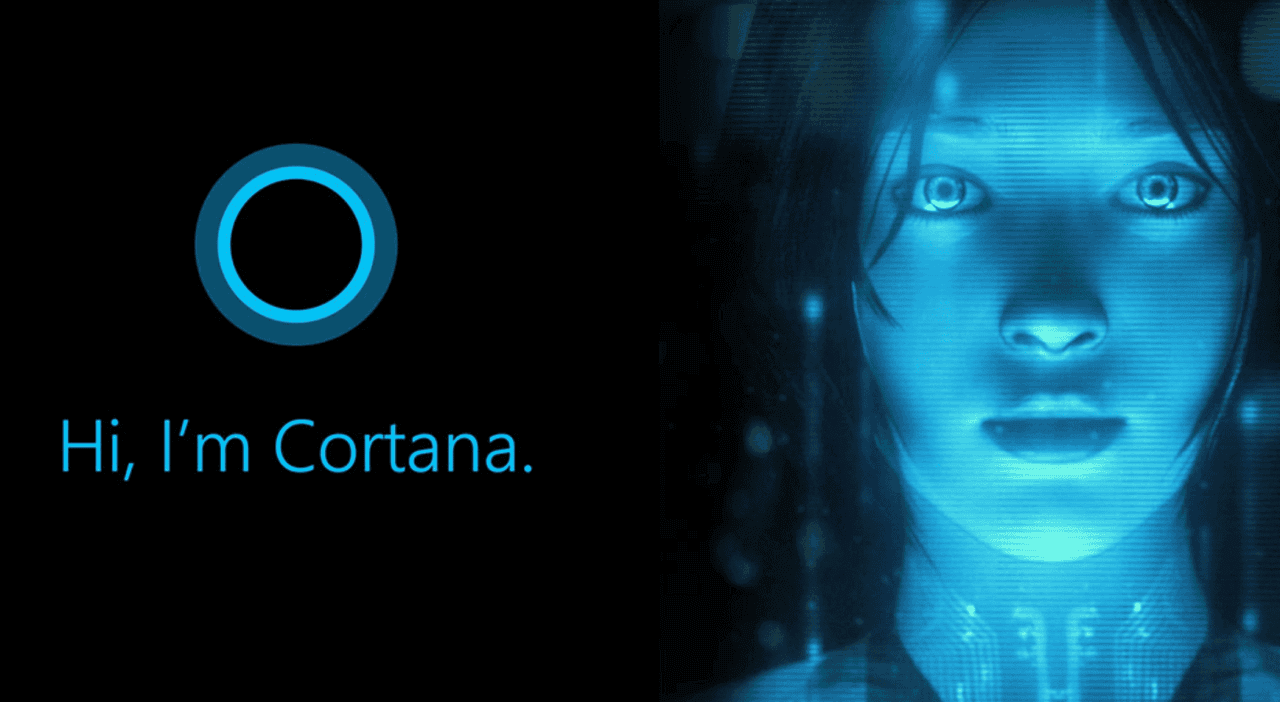Sony's AI Strategy: Enhancing Creativity in Game Development
2 Sources
2 Sources
[1]
Sony outlines AI strategy, says it's focused on supporting, not replacing, human creativity
Serving tech enthusiasts for over 25 years. TechSpot means tech analysis and advice you can trust. Editor's take: As Sony advances its AI initiatives, company leaders stress the importance of pursuing innovation with transparency, safety, and respect for the creative process. Whether this strategy succeeds in bridging technological advancement and artistic integrity is likely to reverberate well beyond the entertainment industry. Sony is doubling down on artificial intelligence as a core tool in video game development and its broader media business. However, the company emphasizes that it wishes to enhance - not replace - human creativity. While AI's role in gaming remains controversial, Sony's latest disclosure offers a detailed look at how it seeks to balance rapid innovation with ethical safeguards and respect for creative labor. Sony began deploying its proprietary AI system, Enterprise LLM, in 2023. The company's 2025 corporate report shows that more than 50,000 employees across 210 teams now use the system for a variety of tasks, linking it not only to chat and text assistance but also to core workflow applications that drive day-to-day business. The program has already produced tangible results: Sony has tested over 300 AI-related projects internally, with at least 50 moving into regular operations. In Spider-Man 2, the company used advanced voice recognition technology to automate subtitle creation in multiple languages, streamlining localization. It also applied machine-learning tools to handle repetitive tasks, including dialogue subtitling and lip synchronization, freeing development teams to focus on narrative and design. The company maintains that AI should supplement and empower the creative process rather than automate it out of existence. The report notes ongoing collaboration with legal, privacy, and ethics experts to develop firm guidelines for responsible AI deployment. Sony emphasizes that it is working to minimize risks such as copyright infringement, particularly related to music or other assets, and is also developing AI solutions to detect and prevent unauthorized use of creative works. The company's investments are not limited to software. Sony is adapting generative AI and machine learning to enhance legacy products as well. For example, it is using AI tools to remaster the audio in older movies. It is also refining upscaling technology on PlayStation 5 to boost the quality of visuals - a signal that its ambitions extend far beyond game development alone. Elsewhere in the industry, the debate about AI's place in game development is reaching a boiling point. Masahiro Sakurai, well known as the creator of the Kirby and Super Smash Bros franchises, has argued that blockbuster games are becoming increasingly unsustainable to produce under current models. He believes AI has the potential to make development faster and more efficient. However, only studios willing to integrate these technologies will thrive as the demands of modern game production continue to grow. Some publishers are already reworking their pipelines. Activision has confirmed that it utilizes AI during the development of games such as Call of Duty. However, it maintains that all creative output still requires human oversight and final input. Despite this insistence, skepticism remains, particularly among performance artists and writers whose work could be most directly affected. A recent contract dispute between SAG-AFTRA, the actors' union, and Replica Studios, a company specializing in AI-generated voices, highlighted the complexity of the issue. The deal sparked significant backlash over concerns that digital replicas would undermine both compensation and the integrity of artists. The union's strike concluded in June, but only after video game companies agreed to stricter guidelines and concessions on AI use. Samantha Beart, an actor best known for her role as Karlach in Baldur's Gate 3, has spoken out against what she views as the industry's short-term, profit-driven reliance on AI. She warned that unchecked expansion of machine-generated performances could inflict long-term damage on the creative workforce. She argued that the industry's decision-makers focus too narrowly on financial outcomes, often at the expense of the people whose creativity is central to the medium.
[2]
Sony Wants AI to Support Creativity in Game Development, Not Replace Developers
Sony game development studios have already used its Enterprise LLM AI tool to develop some of its games, but the company is set to make these tools a support for creativity rather than a substitute. In its 2025 Corporate Report, the Japanese company laid out its plans for AI usage in game development, confirming it has already been used in some capacity to support the development of Marvel's Spider-Man 2 with the use of "voice recognition software specialized for games to make simultaneous subtitling automatic in some languages", and to test some models using Horizon series protagonist Aloy. Since 2023, over 50,000 people in 210 different teams within the company have started using the Enterprise LLM tool, which helps them use AI safely for chat or writing help and connect it with daily work tools. With a focus on potential legal, privacy, and ethics issues, Sony aims to make AI a safe support for creativity, and not a substitute for developers, to accelerate and streamline the development process, such as improving image quality with upscaling tech, which the company is already doing with the PlayStation 5 Pro PSSR upscaler. The use of AI in video game development has been a hot topic of discussion for quite some time, and some developers have highlighted in the past few months how it can help a large-scale development process that is progressively becoming less and less sustainable for various reasons. Back in June, Super Smash Bros. series creator Masahiro Sakurai highlighted how game development has to change to remain sustainable and how AI can be used to improve efficiency, which mirrors Sony's vision of using AI to streamline the development process, as outlined in the 2025 Corporate Report
Share
Share
Copy Link
Sony outlines its approach to integrating AI in game development, emphasizing support for human creativity rather than replacement. The company's strategy involves ethical considerations and practical applications in various aspects of game production.

Sony's AI Integration in Game Development
Sony is making significant strides in integrating artificial intelligence into its game development processes, as outlined in its 2025 Corporate Report. The company's approach emphasizes enhancing human creativity rather than replacing it, addressing the growing challenges in modern game production
1
2
.Enterprise LLM: Sony's Proprietary AI System
Since 2023, Sony has deployed its proprietary AI system, Enterprise LLM, across the company. Over 50,000 employees in 210 teams now utilize this system for various tasks, including chat assistance, text generation, and integration with core workflow applications
1
. The system has already been tested in over 300 AI-related projects, with at least 50 moving into regular operations1
.Practical Applications in Game Development
Sony has already implemented AI in notable game projects:
- Marvel's Spider-Man 2: Used advanced voice recognition technology for automatic subtitle creation in multiple languages
1
2
. - Horizon series: Tested AI models using the protagonist Aloy
2
. - General development: Applied machine learning tools for repetitive tasks such as dialogue subtitling and lip synchronization
1
.
Ethical Considerations and Guidelines
Sony emphasizes the importance of responsible AI deployment. The company is collaborating with legal, privacy, and ethics experts to develop firm guidelines for AI use
1
. Key focus areas include:- Minimizing risks of copyright infringement, especially for music and other creative assets.
- Developing AI solutions to detect and prevent unauthorized use of creative works.
- Ensuring transparency and safety in AI implementation
1
.
Related Stories
Broader Applications and Industry Impact
Sony's AI strategy extends beyond game development:
- Remastering audio in older movies using AI tools.
- Refining upscaling technology on PlayStation 5 to enhance visual quality
1
2
.
The company's approach aligns with industry discussions on AI's role in game development. Masahiro Sakurai, creator of Kirby and Super Smash Bros, has argued that AI could make development faster and more efficient, addressing the increasing unsustainability of blockbuster game production
1
2
.Balancing Innovation and Creative Integrity
While embracing AI, Sony maintains that human oversight and creativity remain crucial. This stance reflects broader industry concerns, as highlighted by recent controversies:
- SAG-AFTRA's contract dispute with Replica Studios over AI-generated voices.
- Concerns from actors like Samantha Beart about the potential long-term impact of AI on the creative workforce
1
.
As Sony advances its AI initiatives, the company's strategy of supporting rather than replacing human creativity will likely have far-reaching implications for the entertainment industry and beyond.
References
Summarized by
Navi
[1]
Related Stories
PlayStation Co-CEO Hermen Hulst Predicts Dual Demand for AI and Human-Crafted Games
04 Dec 2024•Technology

Sony's AI Prototype of Horizon's Aloy Sparks Controversy and Concerns in Gaming Industry
11 Mar 2025•Technology

Sega acknowledges strong resistance to AI but commits to cautious approach in game development
05 Dec 2025•Business and Economy

Recent Highlights
1
Google Gemini 3.1 Pro doubles reasoning score, beats rivals in key AI benchmarks
Technology

2
Meta strikes up to $100 billion AI chips deal with AMD, could acquire 10% stake in chipmaker
Technology

3
Pentagon threatens Anthropic with supply chain risk label over AI safeguards for military use
Policy and Regulation





